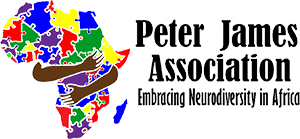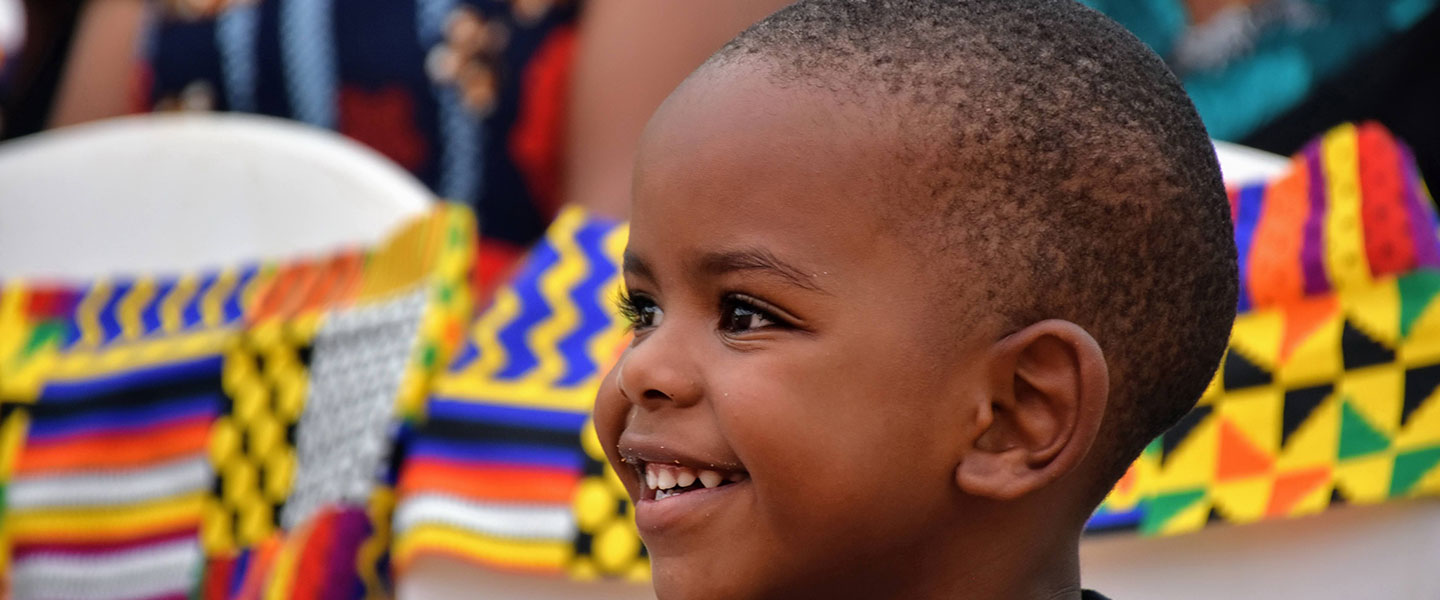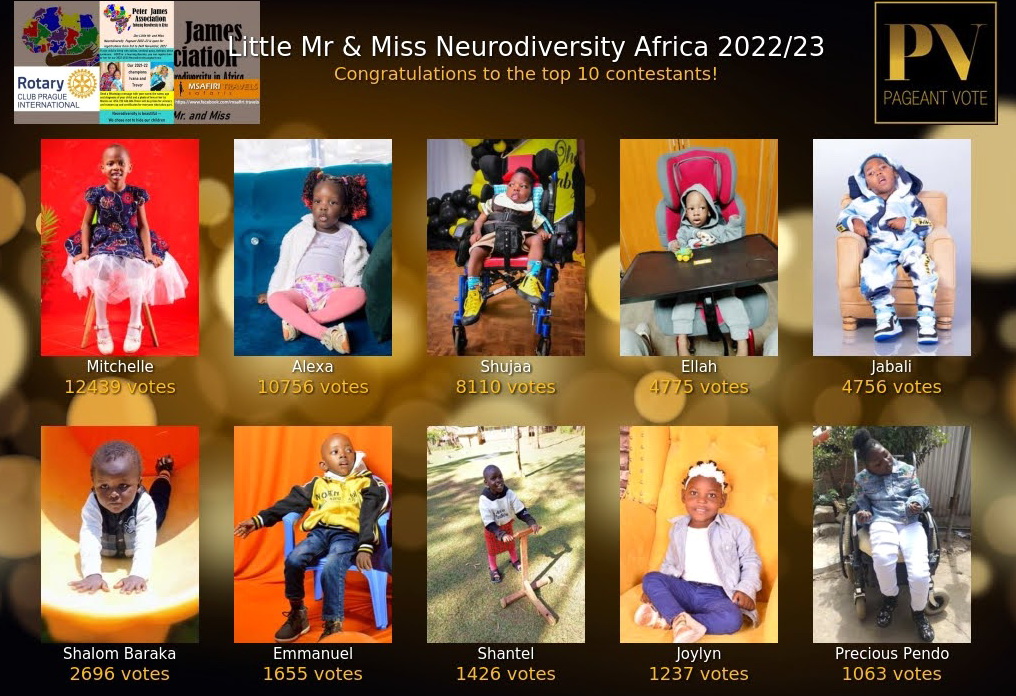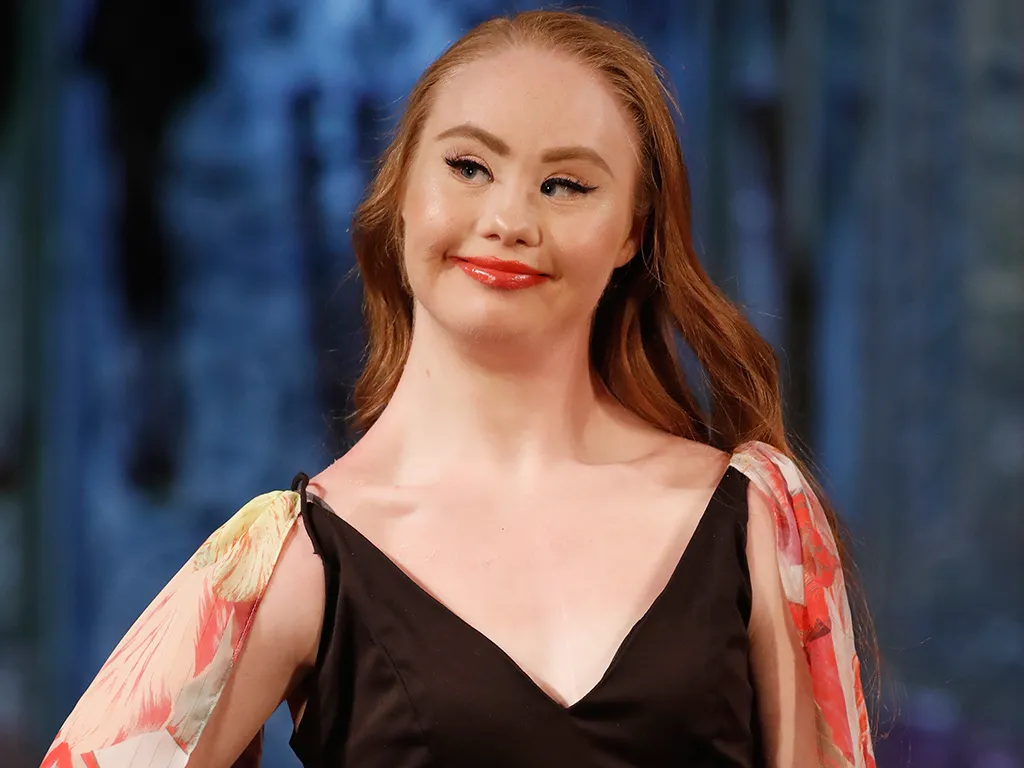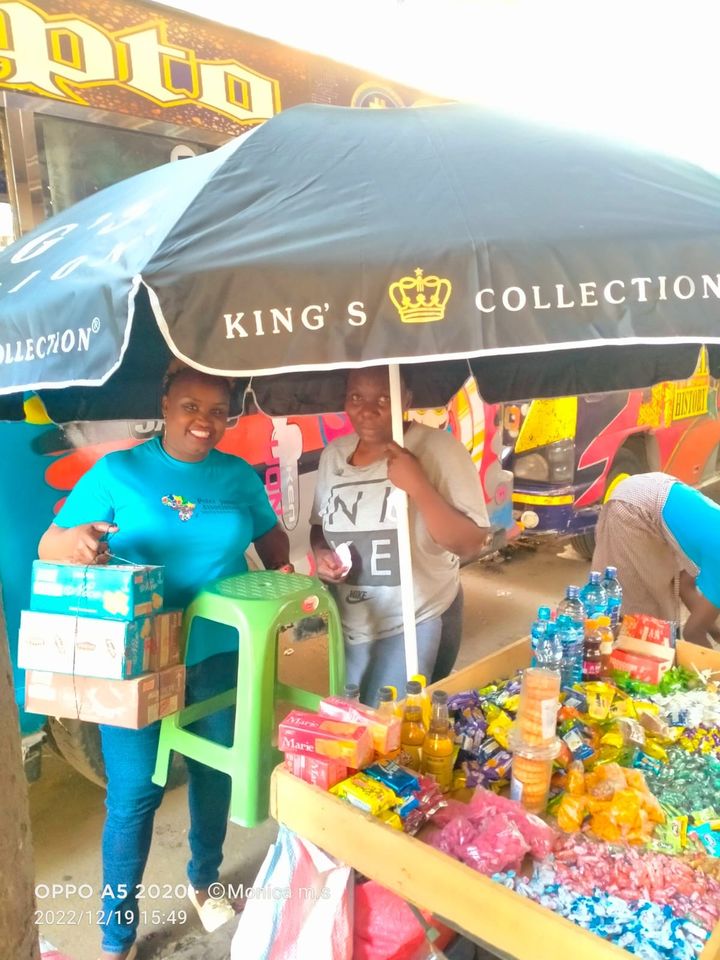Our 2023-2024 Pageant has finished and has again been very successful in raising awareness. Crowning and prize giving is now being arranged for Monday April 8th. More details to be announced.
Winner crowning and prize giving will take place at a venue to be but likely to be in April 2024. As always, we strongly encourage mothers and fathers to not hide their children who live with neurodiverse conditions, but to bring them out and celebrate them by entering them into our pageant.
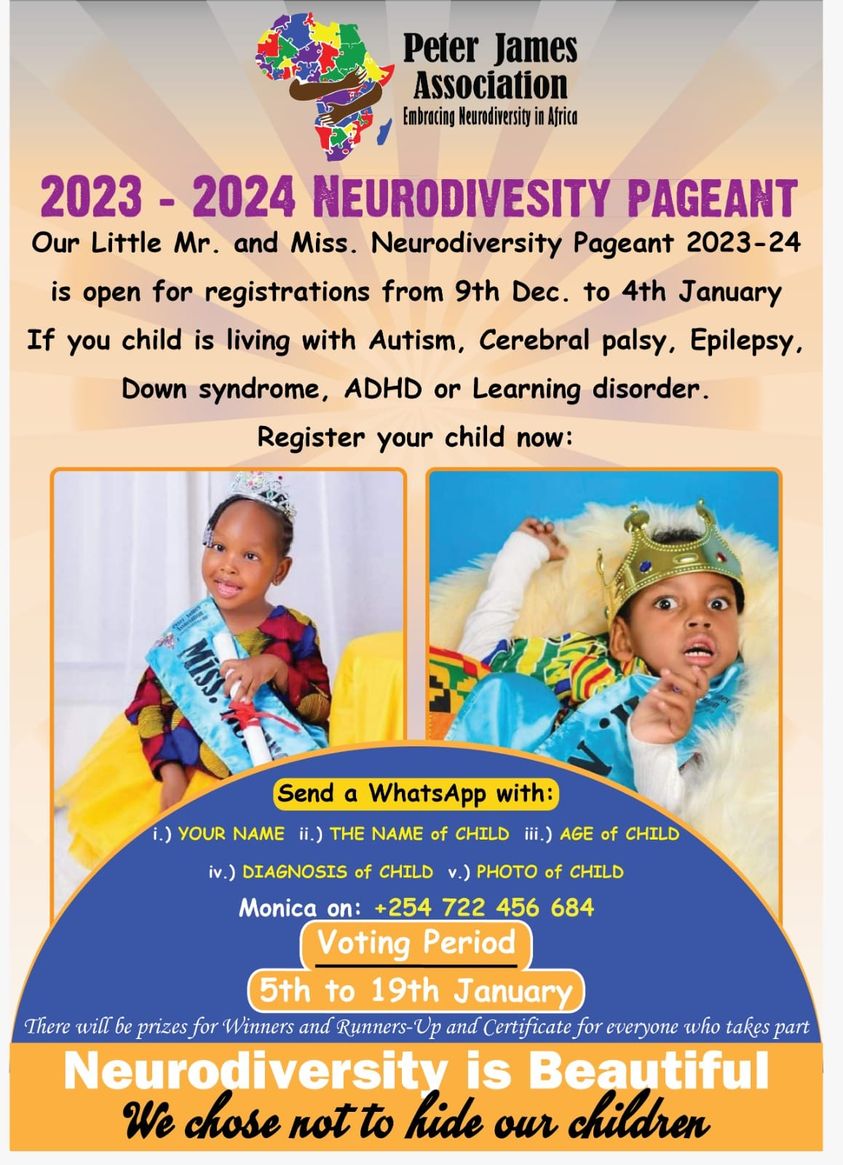

Our Mission
Our goal is for society to embrace neurodiverse children and families as part of the mainstream. That means recognizing their special needs and providing support so they can participate as fully as possible as members of the community.
We do this by creating awareness of neurodiverse conditions,discouraging stigma in the community and offering support to the families of those children and advocating for them. We create awareness to sensitise and educate the community about neurodiverse conditions so that they are better understood. This improves the chances of an early diagnosis, early intervention and therefore an improved quality of life becomes possible.
Learn MoreOur Focus
The focus of our association is to improve the life chances for children born with neurodiverse conditions. This means helping, supporting and educating parents and the communities in which they live.
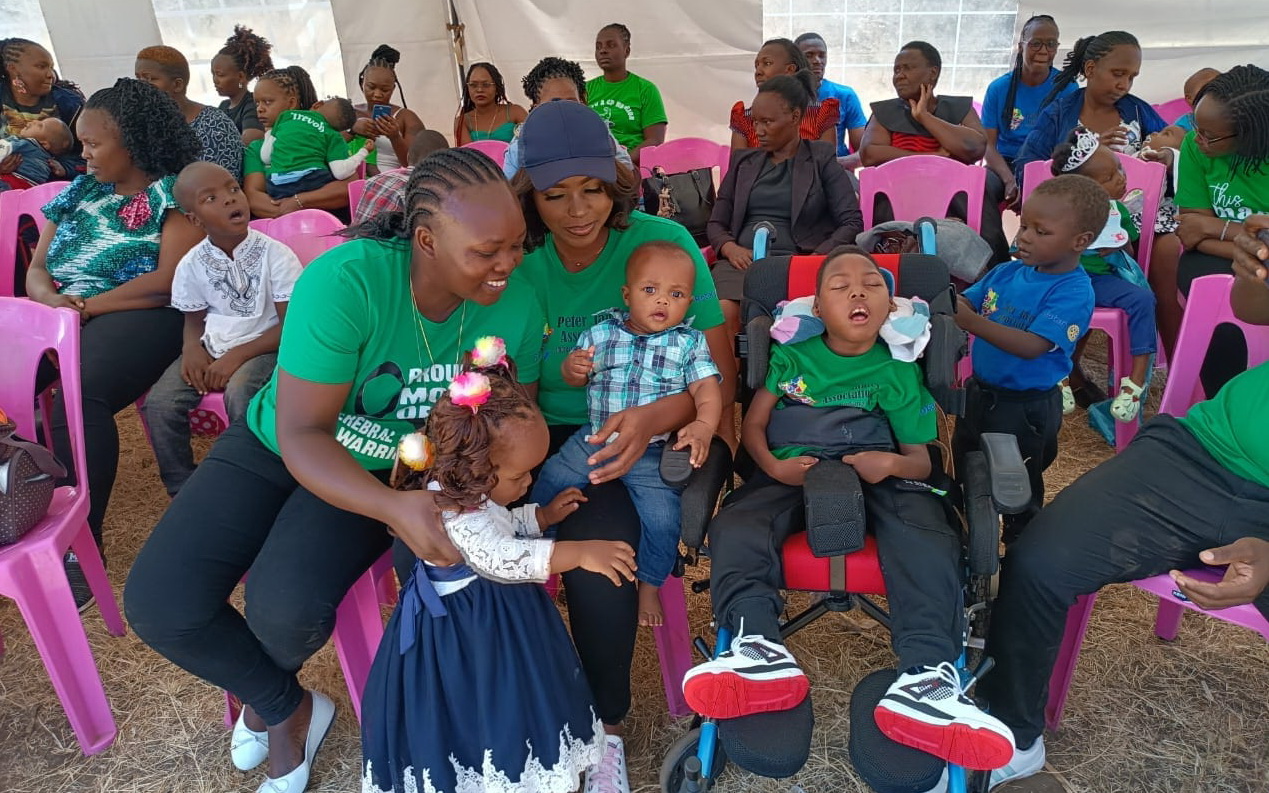
Make A Difference All Year Long
A monthly gift can provide practical support such as therapies, therapeutic aids, training for parents, educational opportunities for children and basic necessities which can transform the lives of mothers and children.
DONATE MONTHLYWhat is Neurodiversity
Neurodiversity includes a wide range of conditions that we can say simply reflects differences between individuals in the way that the brain works. These differences can come from brain developments before, during or after birth.
Under the Peter James Association banner we bring together those who have been diagnosed with autism, cerebral palsy, down syndrome, epilepsy, ADHD and other learning difficulties.
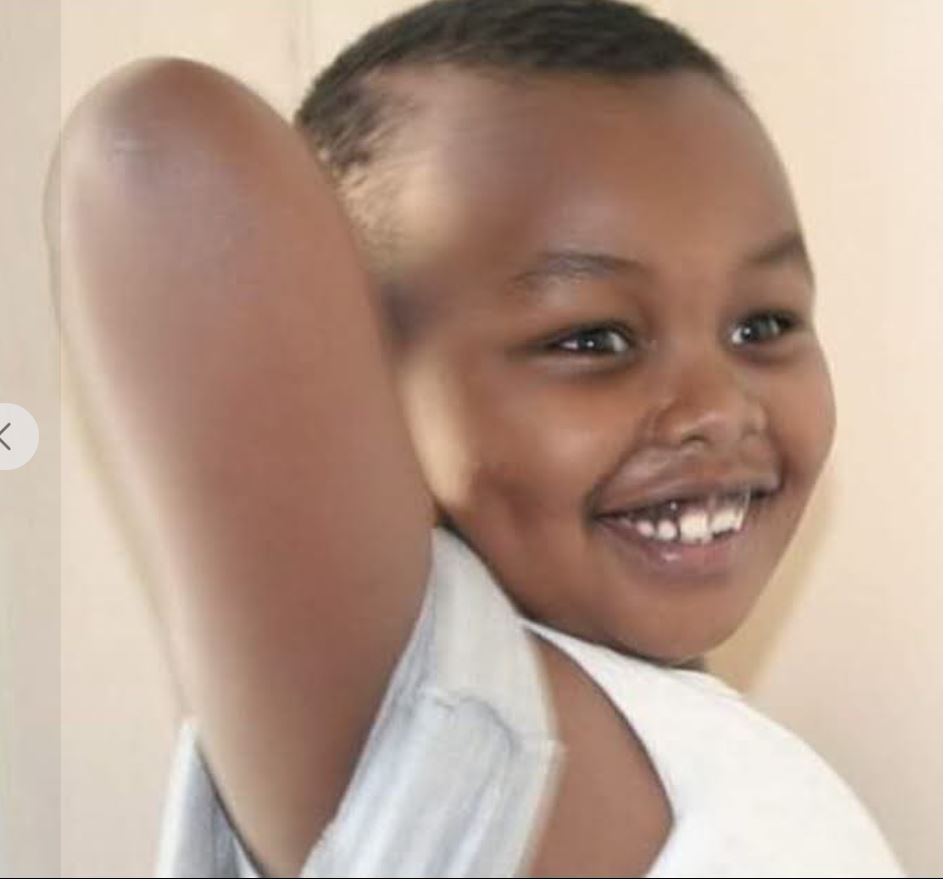
Autism.
Properly called Autism spectrum disorder or ASD is a developmental disability that can cause significant social and behavioral challenges. Autism has many likely effects on behavior and cognition which represent a wide range of potential developmental difficulties. Find out more
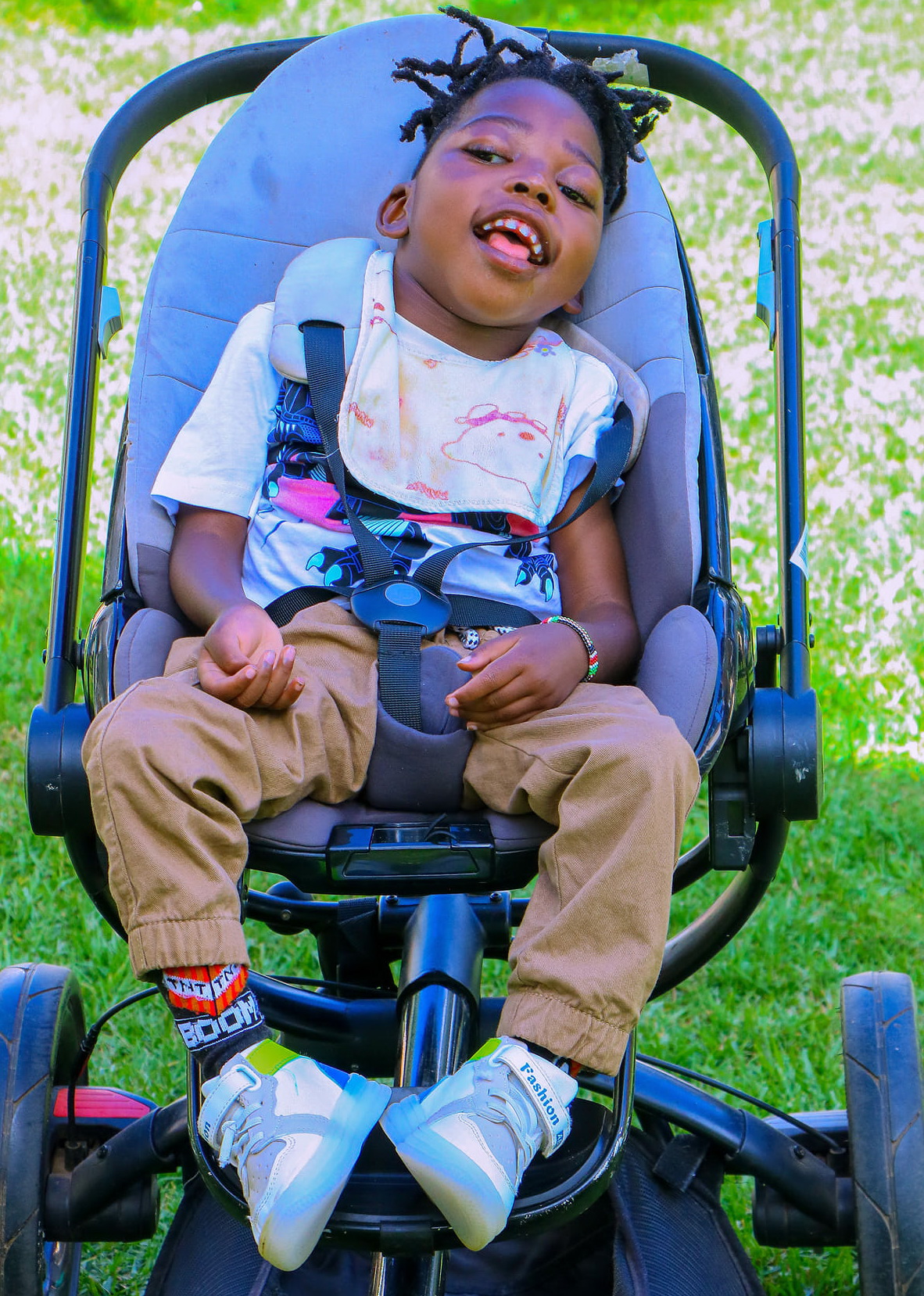
Cerebral Palsy.
CP is Abnormal brain development or damage causing motor disability affecting a persons ability to move, maintain balance and posture. It is the most common motor disability in childhood. Find out more
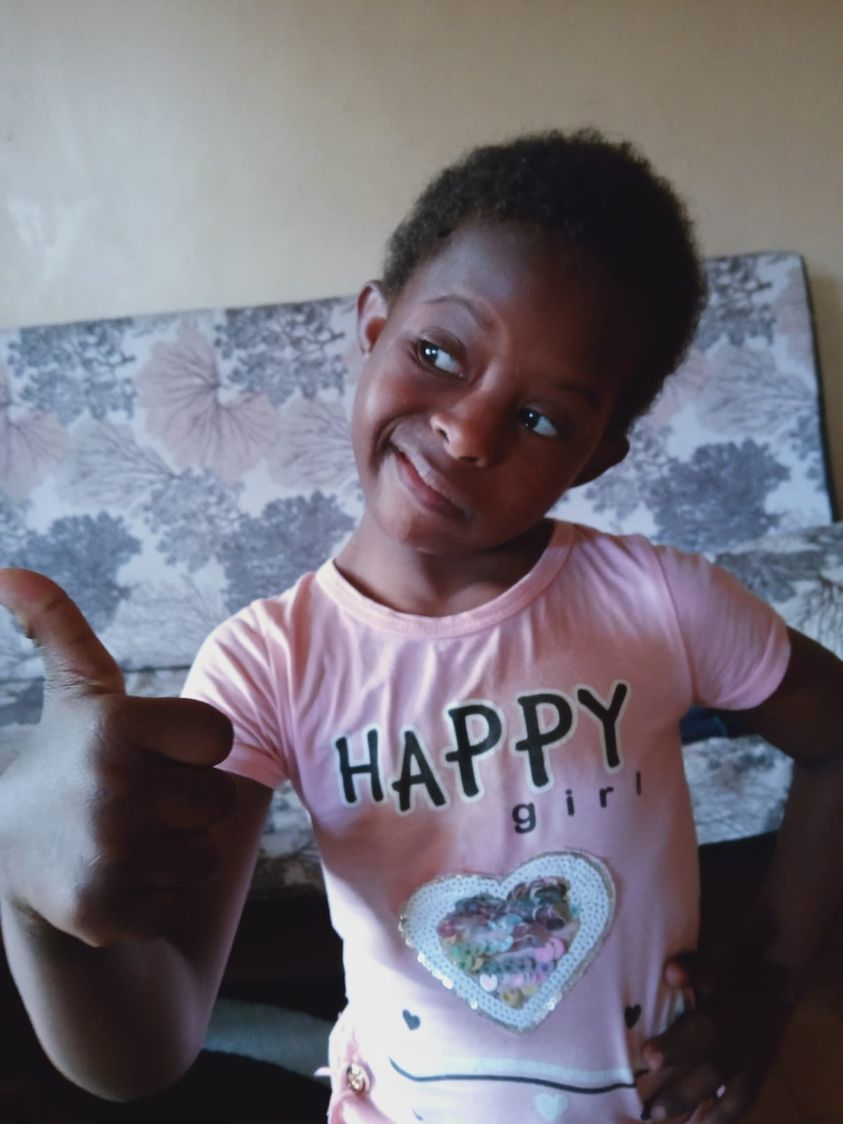
Down syndrome.
Children with Down syndrome have an extra chromosome which causes developmental challenges and an atypical appearance. Find out more
ADHD.
Attention Deficit Hyperactivity Disorder is characterized by inattentiveness, impulsivity and hyperactivity and is sometimes described with other learning disorders. Find out more
Learning disorders.
Dyspraxia is a learning difference that affects how the mind processes actions, usually affecting coordination and movement. Dyslexia is the most common neurodivergence, and most understood, usually affecting someone’s ability to read or write accurately Find out more
Epilepsy.
A disorder of the brain that causes seizures, unusual behaviors or sensations. Seizures can be associated with other medical conditions related to brain injury such as stroke or tumor and infection the central nervous system. Find out more
Footnote: Our Find out more links will direct you to public information on the website of the US government’s Center for Disease Control (CDC).
